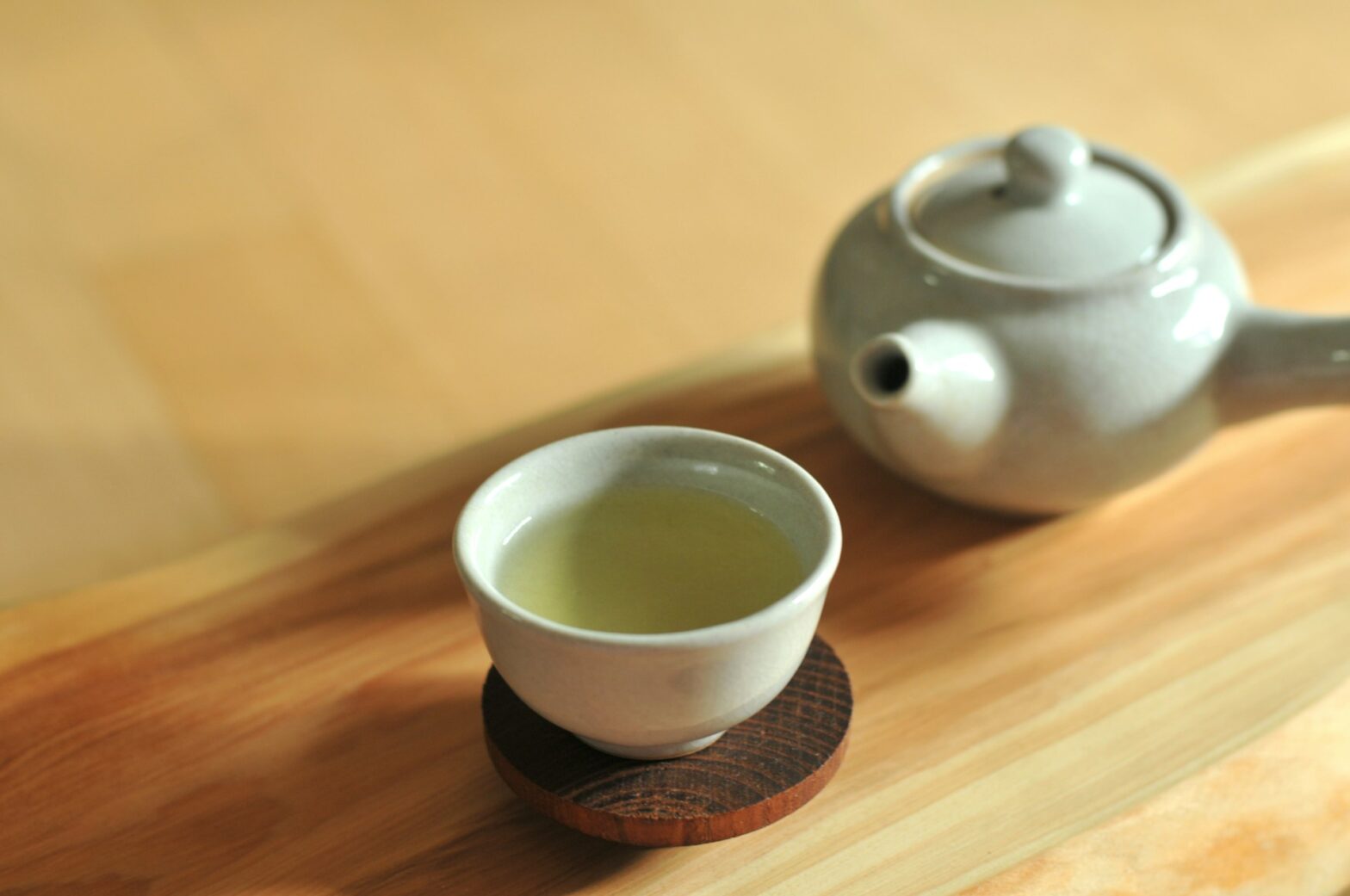Researchers from Gifu University investigate whether green tea can reduce colorectal cancer risk and discover complex implications.
Green tea has been celebrated for centuries for its abundant health benefits, especially its potent antioxidants known as catechins. These compounds have sparked global interest due to their potential anticancer properties. Despite promising laboratory tests, human epidemiological studies present a complex picture. Researchers from Gifu University have spearheaded long-term studies to explore this intricate relationship, seeking answers through population-based research.
Led by Keiko Wada, the Gifu University’s Department of Epidemiology and Preventive Medicine meticulously tracked green tea consumption among thousands over 16 years, making it one of the most extensive of its kind. By correlating dietary data with cancer registry records, this research aimed to pinpoint how green tea affects colorectal cancer rates.
The motivation behind this study stems from a need to understand the real impact of green tea—a beverage consumed by millions worldwide and reputed for its health benefits—on one of the most prevalent cancers globally. Amidst conflicting reports from smaller studies and anecdotal evidence, Wada’s research sought to provide clear, large-scale evidence to guide public health recommendations and individual dietary choices.
The findings, published in the Japanese Journal of Clinical Oncology, revealed that green tea showed no significant overall effect on reducing colorectal cancer risk. These results align with other comprehensive studies across Japan, suggesting that green tea’s reputed benefits might not extend to cancer prevention as hoped. However, subtle trends hint at reduced risk for certain male groups, highlighting the complexity of dietary influences and the potential for personalised dietary recommendations.
Meanwhile, Wada and her team are already looking at embarking on the next phase, which involves exploring the potential genetic and environmental modifiers that might influence how individuals benefit from green tea. The team is also keen on applying their methodologies to other dietary elements, broadening their scope to include foods like soy and fish, which are staples in the Japanese diet.
Sources: Wada, K., et al. (2019). “Green tea intake and colorectal cancer risk in Japan: the Takayama study.” Japanese Journal of Clinical Oncology, 49(6), 515–520.


